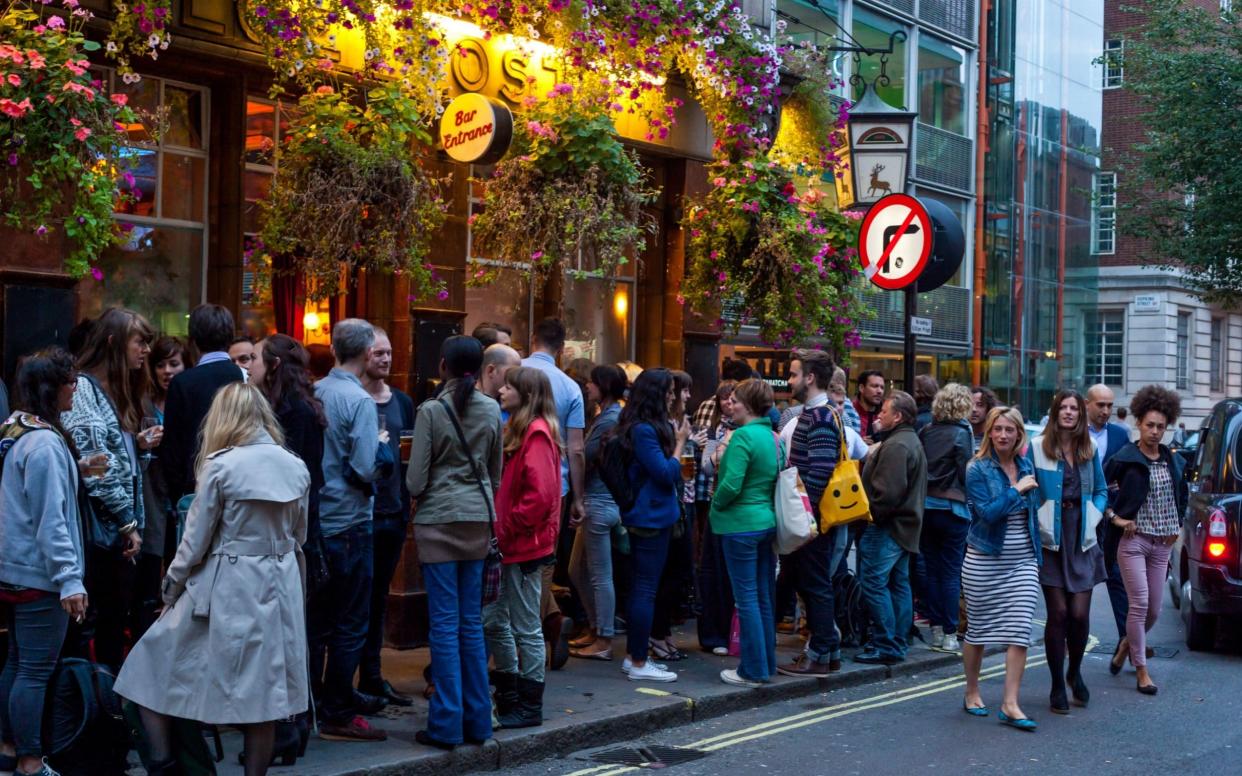Research shows low number of people are self-isolating even after experiencing coronavirus symptoms


Fewer than one in five people experiencing symptoms of coronavirus between May and August self-isolated for the required seven day period, research suggests.
A team from King’s College London, University College London (UCL) and Public Health England (PHE) surveyed more than 30,000 people to find out if they were adhering to the test, trace and isolate system.
They discovered that although seven in 10 people said they intended to follow government rules, just 18 per cent of people had actually stayed at home.
Men and younger people were least likely to follow the guidelines.
The research also shows of those who reported having been alerted by the NHS contact, just 10.9 per cent had not left home at all in the following 14 days.
The most common reason for not isolating given was not knowing what the guidance involved, or needing to leave the house for groceries or medicine.
Under Government rules, anyone who experiences a lingering cough, fever or loss of taste or smell should self-isolate for a week.
The number of people self-isolating peaked in May when roughly a quarter were following the rules but it dropped to a little more than 10 per cent in June and latest figures in August show just 15 per cent of people were following the guidelines as cases continue to surge.
Dr James Rubin, reader in psychology at King's College London and senior author of the paper said: “Full adherence is quite hard, and we can’t tell whether people have gone to work, or if they’ve just taken their dog for a walk at midnight. One is a big problem, the other less so.
“Although people’s intentions are high and they want to do the right thing, it turns out it’s really hard to lock yourself away for a week or 14 days.
“You might not be able to put food on the table or are on a zero-hours contract and have to work. It’s also about practicalities. You might need to get food or medicine, or care for someone.
“I think helping people get food and medicine when they need to isolate could be a quick win. We need to get the numbers up as much as possible if the test, trace and isolate system is going to be successful.”
The study has not yet been peer reviewed and is published on the MedRxiv pre-print website.


